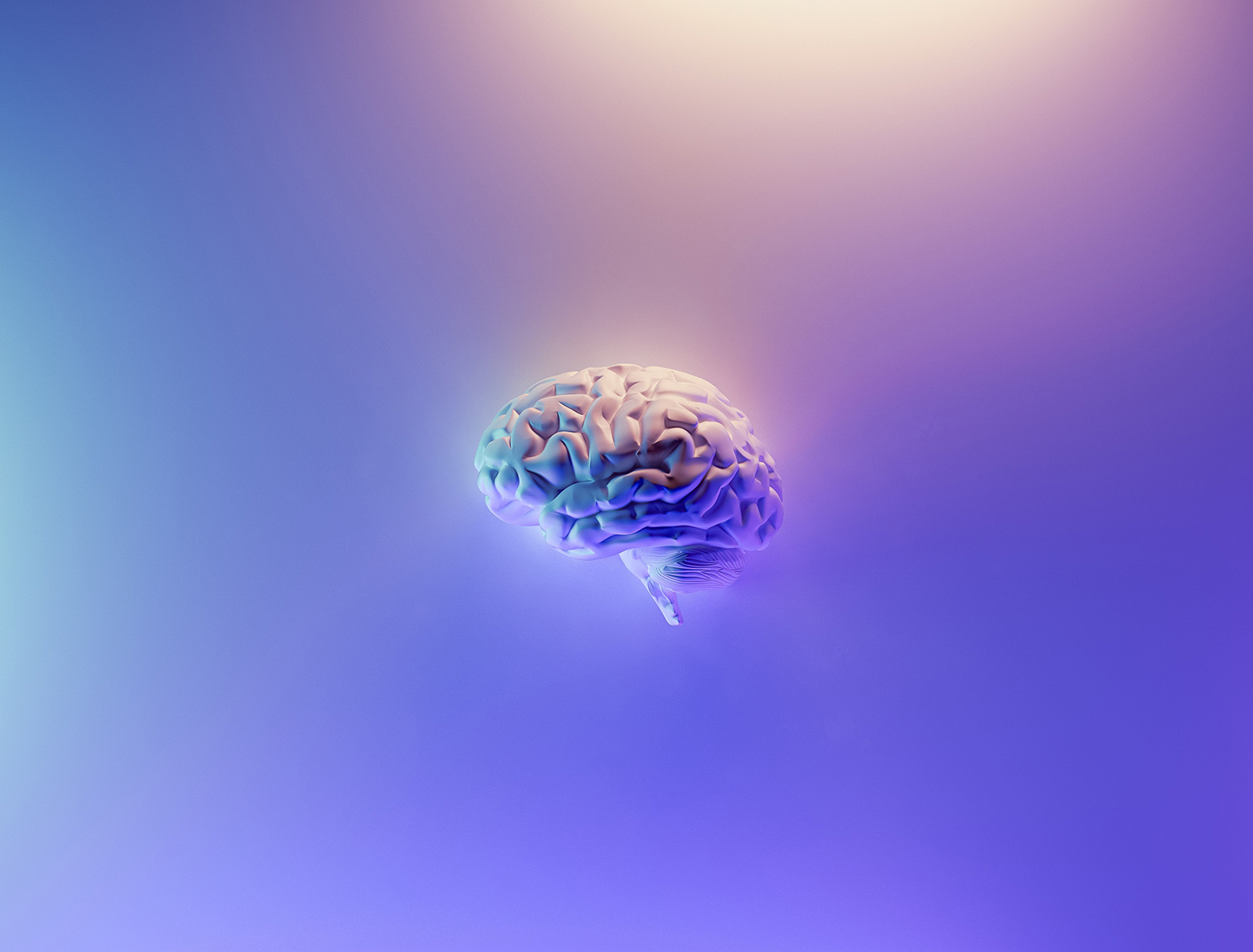Hedonism 101.
Hedonism 101: Getting you more in tune with your pleasure
If the word “hedonism” gets you in the mind of something illicit, here’s the newsflash. If we were to get our Oxford Dictionary out, a quick lookup shows us that “hedonism” comes from the ancient Greek word for “pleasure”. I mean, that already sounds a shade more innocent, right?
Here are a couple of funky philosophies to keep the ball rolling. There is something coined “ethical” or “evaluative hedonism” which is a way of saying, we’re into the good times only. The claim here is that pleasure has value, and the idea is to strive for as much happiness as possible, for ourselves and those around us. On the other hand, you have the notion of “psychological” or “motivational hedonism” or “hedonic motivation”, where the belief is that both pleasure and pain can motivate us.
But if we get our noses out of dusty old textbooks, there are the actual real-life versions of this to consider. For example, do you remember your hedonistic escapades? You were probably younger than you are now, by a few years or even decades (gulp). And if hedonism to you means all-nighters and ill-advised activities, you might be wondering how it has a place in your life now.

Hello, pleasure
Are you with us if we say “pleasure”, that also sounds kind of kinky? You might draw that mental connection when you hear it (we’re thinking lovers together with the lights low), but it’s just a word to denote enjoyment. Sorry for the buzzkill.
But hold up, this is not a sad, boring reality check. What we’re saying is that pleasure can mean so many things, and many are simple and easy to get hold of. It might be that moment when you’re dancing, or laughing until your sides split, or eating your favorite food.
All these things and much more can please us. But what does that do to our bodies and our brains? More on that later, but to sum up, the physical response a specific experience brings ranges massively from one person. In other words, it’s all massively subjective.
So, pleasure isn’t sexual?
Don’t be fooled, while pleasure can mean all sorts of things, there’s no getting away from the fact that sexual pleasure is a force to be reckoned with. Yeah, it feels good, but more than that, it has a direct impact on our health and wellbeing.
Get this quick insight, according to studies, women who say they are satisfied with their sex life score higher for positive wellbeing and vitality. And that makes sense if you note that pleasure or “hedonia” as psychological studies sometimes call it, gives us a sense of meaning and engagement in our lives.
The other cool thing is that a satisfying sex life, like regular exercise or even the odd glass of wine throughout the week, is all linked to positive health benefits. It all loops back to that idea of living life to the full and embracing the things that bring us enjoyment. That includes sex but isn’t reserved for bedroom antics either, so if you’re still thinking of “hedonism” and immediately knee-jerking to crazy antics in your mind, think again.
Embrace your hedonism
So, we get it, hedonism as an idea has us all thinking of the kind of stuff that gets us into trouble. What we’re saying is that it’s time to flip this on its head, because this is not about a downward spiral to debauchery.
Look at it this way, this kind of hedonism gets us in mind of our favorite things in life, and yeah there are health benefits to that. Soaking up those little things and loving your life is like a tonic to our overall wellbeing. How, you ask? It all comes down to the chemical reactions that happen in our brains when we feel pleasure. Buckle up, here’s the science bit.

Push the button for pleasure
If you’ve ever wished to be happy, you’re about one in a zillion that has done so over our existence. Philosophers have bugged out over what happiness is, and scientists have studied brains to seek out patterns over the ages.
Breaking it down, happiness is elusive to be sure, but it’s also actually a tangible thing that does something to our brains. In terms of how we get it, if you want to put it into some kind of equation it’d be something like: pleasure (or hedonia) + engagement in life = happiness.
Studies by people who truly know what they’re talking about have discovered recently that hedonic pleasure is linked to brain function. They also conducted surveys to see how our brains generate the “hedonic ingredient” needed to sustain that feeling of pleasure. In other words, rather than thinking of it as a quick fix, how can we use this knowledge to feel balanced and happier?
Evidence from these studies includes how hedonic brain mechanisms overlap with sensory pleasures (think sex or eating chocolate). This gives us a clue to how the brain works even if the pleasure isn’t a tangible one, but more of an “I’m enjoying my life right now” feeling. This knowledge has enabled science folk to understand how these hedonic systems intermingle with our sense of self-understanding, or you could say our overall happiness.
So, if we’re talking about certain experiences giving us pleasure or putting us in a hedonic state, we can start seeing the links between this and sustained feelings of happiness. As we said, this kind of hedonism is not about binging, it’s about getting more balance and improving your wellbeing every day.
Hedonistic and healthy
Another cool thing to come out of research is that everyday pleasures are showing promising results as an intervention for depression.
Actually, for quite some time the idea of thinking happy thoughts has been studied in connection to depression, and anyone who’s felt down can testify to the drag of negative thinking versus the powerup of positive thoughts. But is it as simple as thinking happy to be happy?
To boil it down, it kind of is. That said, we need to explore techniques to achieve that because let’s face it, we can all get into negative self-talk. The thing with this kind of hedonism is that it can provide a framework, a way of approaching this whole internal “get happy” battle with a simple, practical focus. We want to maximize pleasure and a lot of this comes to perspective.
The fact is, there is still so much research going into the effect of pleasure and positive emotions on our sense of happiness, with interesting findings showing that pleasure could help with loneliness, general wellbeing, and improving lifespan among others. But while the boffins get busy with super-smart research, we just need to remember one thing. Being happy could be the gateway to getting more from life. It might not always be as simple as flicking the happy button, but if we make time for the things that bring us pleasure, it’s a strong start. So, viva la hedonism! This is a movement that’s here to stay.
Sharing is caring!
Why we’re getting “high” on the eco-friendly possibilities of biomaterial
Newsflash, there is more to the humble mushroom than you might think. While we’re totally down with the idea of mushroom tagliatelle, truffles, and the medicinal promises of magic mushroom...
Read article
The Psychedelic Renaissance & Mental Wellness
Why you should jump on board. If you haven’t heard people talking about the “psychedelic renaissance” then it’s time to get with the program. While the name might sound like...
Read article
The HOO RAA PleasuRebel wagon takes to the streets of New York
The PleasuRebel Wagon is our vehicle for disruption. Our PleasuRebel Wagon backs and supports PleasuRebels everywhere, protecting, preserving and amplifying our community wherever we can. We rekindled the Downtown attitude, by...
Read article
Hedonism 101: Getting you more in tune with your pleasure
If the word “hedonism” gets you in the mind of something illicit, here’s the newsflash. If we were to get our Oxford Dictionary out, a quick lookup shows us that...
Read article
Wellbeing brand HOO RAA is on a mission to redefine pleasure
International cannabinoids business, Tenacious Labs, is excited to announce the launch of HOO RAA – a new lifestyle brand where your pleasure is your power on April 7, 2022. HOO...
Read article

